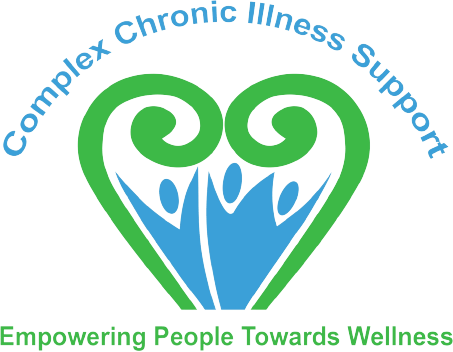Full article can be read here: https://www.healthrising.org/blog/2023/06/15/mcas-chronic-fatigue-fibromyalgia-long-covid/
You can say one thing about mast cell activation syndrome (MCAS) – it’s weird! In some ways, it seems tailor-made for rejection by the medical community. Its proponents claim it can cause virtually every symptom in the book (big red flag), yet it lacks good or even half-good measurable diagnostic markers (bigger red flag).
MCAS decidedly did not luck out with its often not so illuminating laboratory tests, but it did luck out in one way: the treatments for it – as we know them now – are generally cheap and safe – which means doctors can bypass the testing phase and use a response to treatment instead. If a treatment helps, the diagnosis is made.
Mast cells, a type of white blood cell, are primarily located in the body’s connective tissues, especially in areas acting as boundaries between the external environment and the body, such as the skin, mucous membranes, digestive tract, and lungs. When activated, mast cells release various immune mediators, including histamine, tryptase, cytokines, chemokines, leukotrienes, each with distinct effects. The activation of mast cells can lead to symptoms by triggering nerve fibers in different body parts, causing pain signals to reach the brain. Mast cell activation syndrome (MCAS) occurs when an excessive number of hypersensitive and overactive mast cells are present, resulting in increased inflammation. This syndrome is associated with a wide range of symptoms, including fatigue, muscle pain, dizziness, headaches, chest pain, and more. Mast cell activation has been linked to various diseases such as fibromyalgia, migraine, irritable bowel syndrome, ME/CFS, and others, with a particularly high incidence noted in ME/CFS. The activation of mast cells is triggered by diverse factors, including stress, infections, temperature changes, exercise, foods, drugs, odors, insect bites, skin irritation, and sunlight. The immune gateway role of mast cells to the brain and their association with conditions affecting multiple systems underscore their significance in various health issues.
Clinical criteria
Doctors identify MCAS in three ways: via symptoms, treatment, and laboratory markers.
Symptoms
The symptoms tend to be episodic and need to affect two or more of the following systems:
- Skin – hives, flushing, edema, dermatographia
- Gut – nausea, vomiting, cramping, diarrhea
- Cardiovascular – dizziness, fainting, rapid heartbeats
- Respiratory – wheezing
- Naso-ocular – itching, nasal stuffiness.
Elevation of Laboratory Markers Dr. Bela Chheda told Health Rising several years ago that these lab tests can be more problems than they are worth, and often it’s best to try out the treatments and see if they work
Treatments
A General Approach
Amber Walker noted that a trial-and-error process seems almost inevitable with mast cell medications and other treatments. Medications that are questionably helpful should not be continued: only medications that are clearly helpful should be.
More in-depth details of medications are in the original article.
MCAS is a huge field and this is only an introduction to it. Some things do stand out, though. Although MCAS is not well studied in ME/CFS/FM, long COVID, and similar diseases, it’s clearly common, and while not a cure-all, can be quite amenable to treatment. Plus, the most commonly used treatments are readily available, are often cheap, and usually produce few side-effects; i.e. it’s amenable to self-experimentation to some extent.
